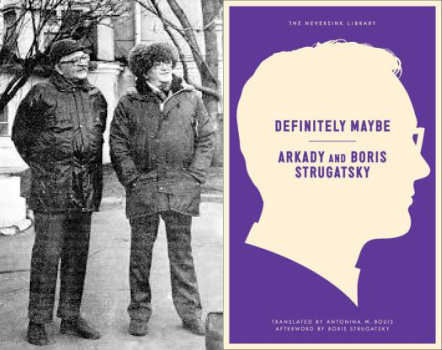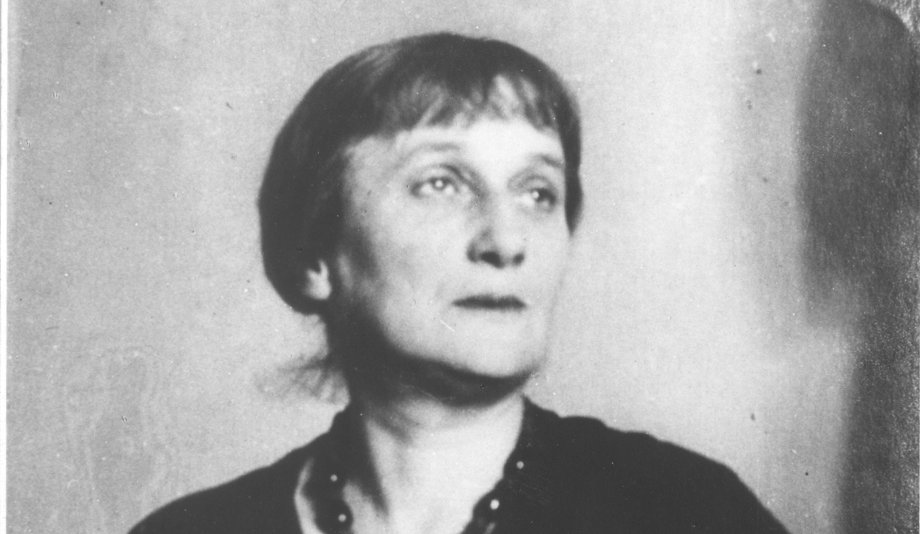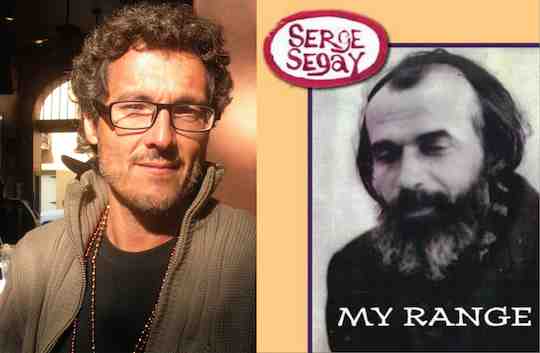The biggest news this week is Asymptote’s hot new issue launch. We know time is limited, but it’s worth taking a peak at our (best yet?) video trailer or the blog’s own highlights feature for tips on where to start (and stay tuned for even more issue coverage in the coming weeks). Really, you can’t go wrong with such a wealth of literary gems at your virtual fingertips.
Last week, the literary world was abuzz with news of its latest Nobel laureate—French writer Patrick Modiano. Perhaps “abuzz” is too misleading a term, since many English-language readers were mostly clueless as to his existence, which begs the question: what does it take for an author to be (respectably and thoroughly) translated into an English? (An aside: here’s a great primer to Modiano via Slate and pure chance). Speaking of prizes, the Man Booker’s decision to include American Anglophones in its entry pool caused quite a stir for those not of the United States, but didn’t stop Australian author Richard Flanagan from snagging the prize. Still, there are naysayers, including twice-winner and Australian author Peter Carey, who thinks the inclusion undermines the particular “Commonwealth culture” of all Anglophones outside the fifty states. Some prizes are still United States-exclusive, though, like the National Book Awards, which just released its nominations—here’s a handy guide to the nominees, via NPR. Or we could switch continents and take a look at the just-released shortlist to the “Russian” Booker.




